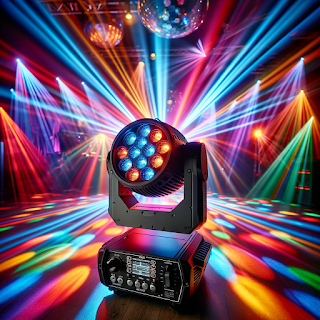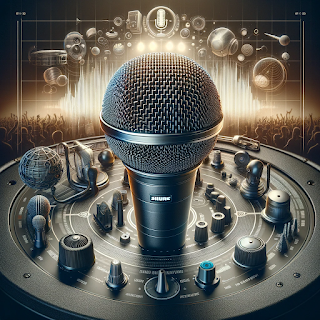Unlock the Potential of Your Gigs: Mastering Your Music Library Organization
In the dynamic world of mobile DJing, the power of a well-organized music library cannot be overstated. It’s the foundation upon which the walls of seamless transitions, crowd-pleasing selections, and unforgettable gigs are built. A DJ's music library is much more than a collection of tracks—it's a curated arsenal ready to be deployed in any auditory battle. So, how does one go about turning a haphazard assortment of songs into a finely-tuned, gig-ready weapon? Let’s dive in.
**Understanding Your Library's Structure**
Before you can organize, you must understand the current structure of your music library. Are your tracks just loosely thrown together, or is there some semblance of order? Begin by assessing your collection in its current state. Look at genres, artists, BPMs, keys, and any other metadata that may be available to you. This step is about understanding what you have before deciding on the best way to structure it.
**Categorization: The Key to Quick Access**
The most straightforward way to begin organizing is by categorization. This can be as simple as genre, decade, or even by the mood of the tracks. The goal here is to create main folders that are broad enough to cover your entire collection but specific enough to find what you need quickly.
For mobile DJs, it’s crucial to think about events and venues. You might want to create categories based on the types of gigs you play, like "Weddings," "Corporate Events," "Birthday Parties," etc. Within these, you can further divide your music into subfolders like "Dinner Music," "Dance Floor Hits," or "Ceremony."
**Tagging Tracks with Metadata**
Metadata is the invisible backbone of your music library. It's all the information embedded within a file that isn't the audio itself—track name, artist, BPM, key, genre, and more. Ensuring your tracks have accurate metadata is crucial for searching and sorting on the fly.
Many DJ software applications can analyze your tracks to determine BPM and key, but they’re not infallible. Sometimes you’ll need to manually edit metadata to ensure accuracy. This is especially true for genre tags, which can often be too vague or too specific to be useful.
**Utilizing Playlists for Dynamic Sets**
Playlists are where your organizational efforts come to life. Unlike folders, playlists can have the same track listed multiple times without taking up additional space. This means you can have the same track in your "80s Hits" playlist as well as your "Sing-along Favorites."
Smart playlists are a game-changer for organization. These are dynamic playlists that automatically update based on criteria you set. For instance, you can have a smart playlist that only shows tracks you’ve added in the past month, or one that pulls everything in a certain key and BPM range for harmonic mixing.
**Consistency in Naming Conventions**
Be consistent in how you name your tracks, folders, and playlists. If you start with "00s" for the 2000s, don’t switch to "Nineties" for the 1990s. Decide whether you’re going to use abbreviations or full words, and stick with it. This will save you time and frustration in the long run.
**Backups: Your Safety Net**
With your library organized, you must ensure it stays safe. Hard drive failure, theft, or damage can occur when you least expect it. Regular backups are non-negotiable. Utilize cloud storage services as well as physical backups. Have a system in place for regular backups, and make sure you test them to ensure they can be restored.
**Regular Maintenance**
Organization is not a one-and-done deal. Your music library is a living entity that requires regular maintenance. Set aside time to clean up your library, update metadata, remove duplicates, and add new tracks to the appropriate folders and playlists.
**Leveraging Software Tools**
There are several software tools designed to help DJs organize their music libraries. Rekordbox, Serato DJ, and Traktor all have robust library management features. Third-party tools can also assist with metadata management and file renaming. Find the tools that work best for you and make them a part of your routine.
**Conclusion**
A well-organized music library is a secret weapon in the arsenal of any successful mobile DJ. It enables quick access to the right track at the right time, supports efficient preparation for gigs, and ultimately contributes to a better performance. By implementing a robust organizational system, backed by regular maintenance and reliable backups, you can unlock the full potential of your gigs, ensuring that you're always ready to deliver the perfect track for any moment.




Comments
Post a Comment